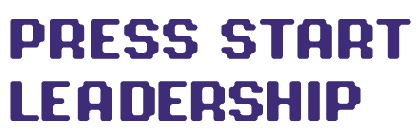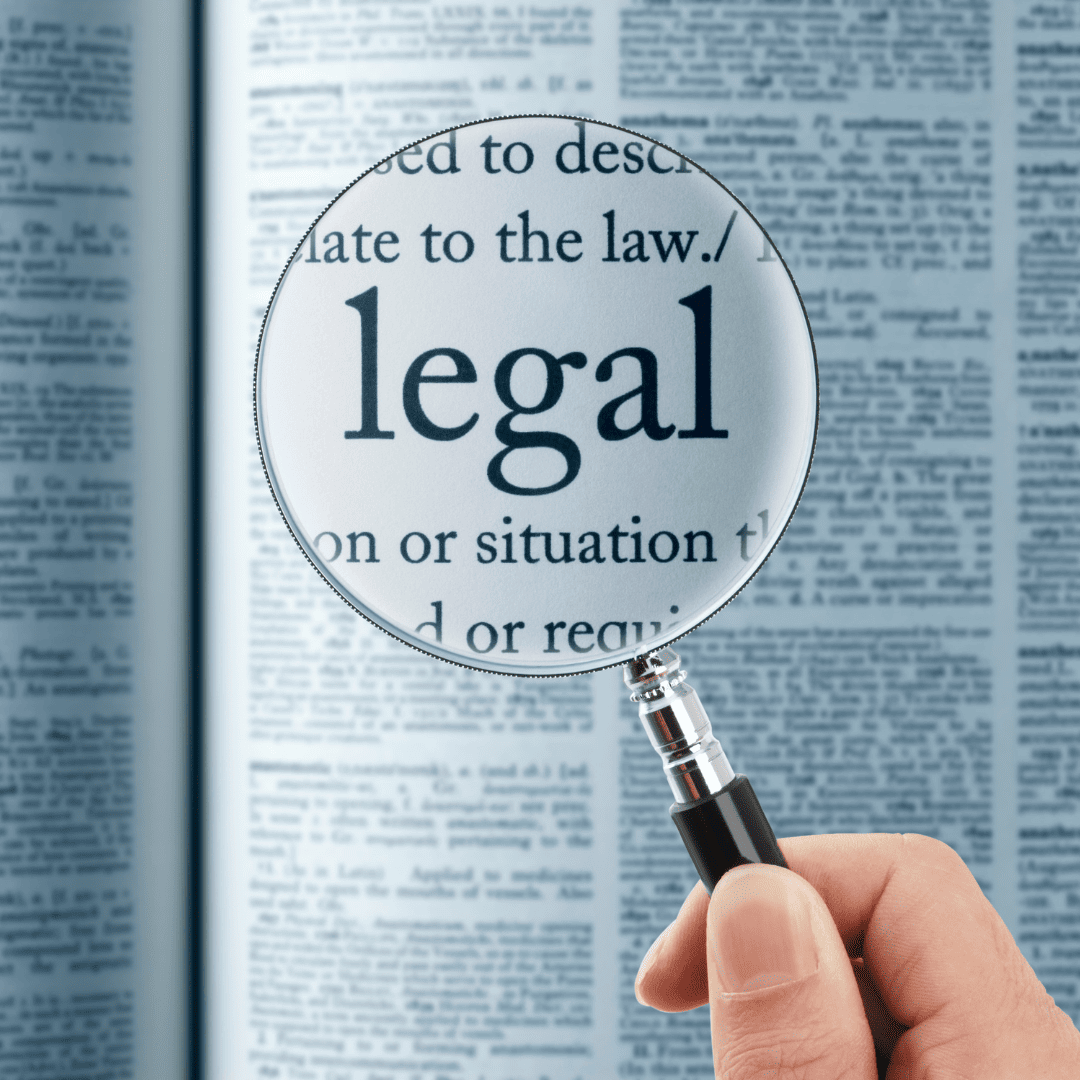Understanding Legal Nuances: Essential Guidance for Success and Compliance in Game Development
The video game industry, a vibrant fusion of art, technology, and entertainment, is not just a playground for creativity but also a field laden with legal intricacies. The phrase “Check yourself before you wreck yourself” resonates profoundly in this context. Legal missteps in game development can lead to significant setbacks, or worse, litigations that can jeopardize a studio’s future. This comprehensive guide aims to unravel the complexities of legal guidance in the video game industry, emphasizing its importance for both budding and established game studios.
The Legal Landscape of the Video Game Industry
The video game industry’s legal landscape is as dynamic as the games it produces. It encompasses a range of legal areas including intellectual property (IP), contracts, labor law, and more.
The Breadth of Legal Considerations: Legal considerations in the gaming industry extend beyond basic copyright law. They include trademarking, patent law, licensing agreements, privacy laws, and even international law, especially for games released globally.
Understanding the Stakes: Infringing on another company’s IP or failing to comply with legal regulations can result in lawsuits, substantial financial losses, and damage to a studio’s reputation. Understanding these risks underscores the importance of legal guidance.
Intellectual Property Rights and Protection
Intellectual property (IP) is the cornerstone of the video game industry. Protecting a game’s unique elements is crucial for maintaining its uniqueness and value.
Copyrights: The First Line of Defense: Copyrights automatically protect the original works of authorship in the games, including art, music, and game scripts. Understanding how to protect and enforce copyright rights is fundamental.
Trademarks: Securing Brand Identity: Trademarks protect names, logos, and other brand identifiers. Securing trademarks for game titles and studio logos helps in building a distinctive identity and prevents confusion in the market.
Patents: Protecting Game Mechanics and Technology: While not always common in the gaming industry, patents can protect unique game mechanics, systems, and technologies. Navigating the patent landscape requires careful analysis and strategic decision-making.
Licensing Agreements and Collaboration
Collaborations and partnerships are commonplace in game development. These arrangements, while beneficial, require carefully crafted agreements to protect all parties involved.
Licensing Agreements: Licensing agreements are crucial when using third-party assets or technology. They should clearly outline the scope of use, limitations, and rights of both licensors and licensees.
Collaboration Agreements: Collaboration agreements for co-development projects or joint ventures must clearly define each party’s role, contribution, revenue sharing, and IP ownership.
Privacy Laws and Data Protection
In an era where games often collect user data, adherence to privacy laws is essential. This is especially true for online and multiplayer games that store personal information.
Understanding Data Protection Laws: Familiarize yourself with laws such as the General Data Protection Regulation (GDPR) in Europe and similar regulations worldwide. Ensure your games and websites comply with these regulations in terms of user data collection and processing.
Crafting Privacy Policies: Develop clear, transparent privacy policies that inform players how their data is collected, used, and protected. Regularly update these policies to reflect changes in law or game features.
Employment Law and Industry Practices
Labor and employment law are crucial in an industry known for crunch times and rapid growth. Understanding these laws helps in maintaining fair and legal employment practices.
Employee Contracts and Rights: Ensure that employment contracts are legally sound and protect both the studio and its employees. This includes clear terms regarding compensation, work hours, overtime, and termination.
Addressing Crunch Culture: The notorious ‘crunch culture’ in game development raises several legal considerations regarding overtime and employee well-being. Leaders must navigate these practices carefully to avoid legal pitfalls and foster a sustainable work environment.
Compliance with International Laws
For games released internationally, compliance with laws across different jurisdictions becomes paramount.
Navigating Multiple Legal Jurisdictions: Each country has its own set of laws governing copyright, consumer protection, and data privacy. Studios must ensure their games comply with these varied legal standards.
Cultural Sensitivity and Censorship: Cultural sensitivity is not just a moral responsibility but also a legal necessity in some regions. Be aware of content that may be subject to censorship or legal action in different cultural contexts.
Risk Management and Legal Disputes
Legal disputes can be costly and damaging. Effective risk management strategies are essential for minimizing the likelihood and impact of such disputes.
Proactive Legal Risk Assessment: Regularly assess potential legal risks associated with game content, employee relations, and business practices. Proactively addressing these risks can prevent larger legal issues.
Handling Legal Disputes: In case of a legal dispute, having experienced legal counsel is crucial. Effective handling of disputes involves strategic decision-making, often balancing legal, financial, and reputational considerations.
Integrating Legal Considerations into Game Development
Integrating legal guidance from the onset of game development can prevent future complications and ensure smoother project progression.
Early Involvement of Legal Teams: Involve legal teams in the early stages of game development. Their input can guide decisions regarding game content, licensing needs, and contract negotiations.
Regular Legal Training for Developers: Provide regular legal training to your development teams. Understanding the basics of IP, copyright, and data privacy helps team members recognize potential legal issues in their work.
Legal Checkpoints in Development Milestones: Establish legal checkpoints at various stages of the development process. These checkpoints ensure that the game adheres to legal standards and company policies at each critical phase.
Future Legal Trends and Their Implications
Staying abreast of emerging legal trends is crucial for adapting and future-proofing game development practices.
Evolving IP Laws: With the digital landscape constantly evolving, IP laws are often playing catch-up. Stay informed about potential changes in copyright and trademark laws that could impact game development.
Advances in Technology and Legal Implications: Emerging technologies like AR/VR, AI in gaming, and blockchain present new legal territories. Understand the potential legal implications of incorporating these technologies into games.
Building a Robust Legal Framework in Studios
Developing a strong legal framework within a studio is key to mitigating risks and fostering a culture of compliance.
Establishing an In-house Legal Team or Partnership: Consider establishing an in-house legal team or a strong partnership with a law firm specializing in video game law. This ensures ready access to legal advice tailored to your specific needs.
Documenting Policies and Procedures: Create comprehensive documentation of your studio’s legal policies and procedures. This can serve as a reference point for team members and a framework for handling legal issues.
Proactive Compliance and Ethical Considerations
Adopting a proactive stance towards legal compliance and ethical considerations can enhance a studio’s reputation and reliability.
Anticipating Legal Changes: Stay proactive in anticipating legal changes that could affect the industry. This could involve participating in industry forums, legal workshops, or consultations with legal experts.
Ethical Game Design: Beyond legal compliance, consider the ethical implications of game content. This involves being mindful of representations in games, avoiding harmful stereotypes, and ensuring that games are developed and marketed ethically.
Legal Crisis Management in Gaming
Effective crisis management strategies are essential for handling legal issues that could escalate into crises.
Developing a Crisis Management Plan: Develop a comprehensive crisis management plan that outlines steps to be taken in case of a legal emergency. This includes communication strategies, legal response actions, and contingency plans.
Training for Crisis Situations: Conduct regular training sessions for key team members on handling legal crises. This ensures that the studio can respond swiftly and effectively in challenging situations.
Final Thoughts:
Legal guidance is an indispensable aspect of video game development, deeply intertwined with the creative and technical processes. This comprehensive guide underscores the importance of legal awareness and preparedness in navigating the complex and ever-changing landscape of video game law. From early integration of legal considerations into game development to proactive compliance and crisis management, studios that prioritize legal guidance position themselves for success and sustainability in the competitive world of gaming.
Embracing the legal dimension of game development not only safeguards against risks but also contributes to the ethical and responsible growth of the industry. As video game leaders and developers, staying informed, vigilant, and proactive in legal matters is not just a business necessity; it is a commitment to upholding the integrity and future of this dynamic and influential industry.
Thank you for reading this article to the end. I hope it has been informative and helpful. If you’d like to learn more about the topics we covered, I invite you to check out my podcast and my YouTube channel where I delve into these subjects in more depth.
Additionally, I would love to stay in touch and keep you updated on all the latest developments and insights in the world of leadership. That’s why I encourage you to sign up for my newsletter. Not only will you receive regular updates, but as a thank you for joining, I will also send you my free eBook, “5 Heroic Leadership Skills.” This eBook is packed with practical tips and strategies that will help you take your leadership skills to the next level.
So don’t wait! Sign up for my newsletter today and start your journey towards becoming a more effective and inspiring leader. I can’t wait to hear from you.
Work With Me!
If you’re on the quest to elevate your team’s leadership, production, or game design capabilities, I’m here to assist! Leveraging extensive experience and a strategic approach, I offer personalized audits, bespoke workshops, and leadership retreat facilitation to drive your team toward excellence. My commitment is to provide efficient, reliable, and proven support, ensuring you have the tools and insights needed to thrive. Ready to unlock your team’s full potential and achieve unparalleled success? Don’t hesitate—Press Start on your journey to transformation today! Feel free to reach out directly to discuss how we can tailor a solution to meet your unique needs and goals. Let’s connect and take your team’s performance to the next level!
🔗 www.pressstartleadership.com
📧 contact@pressstartleadership.com


